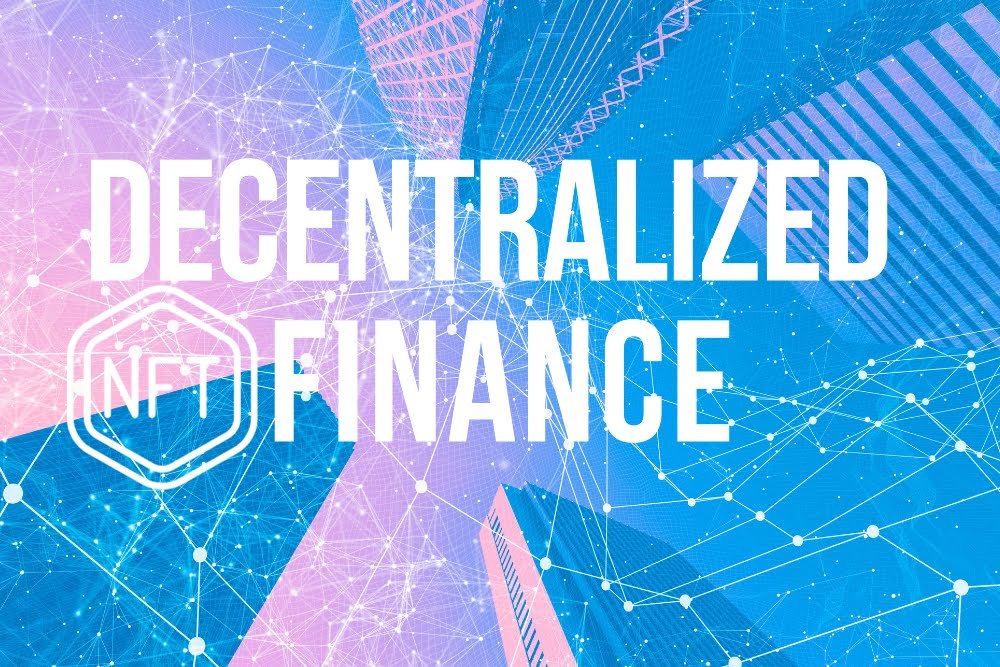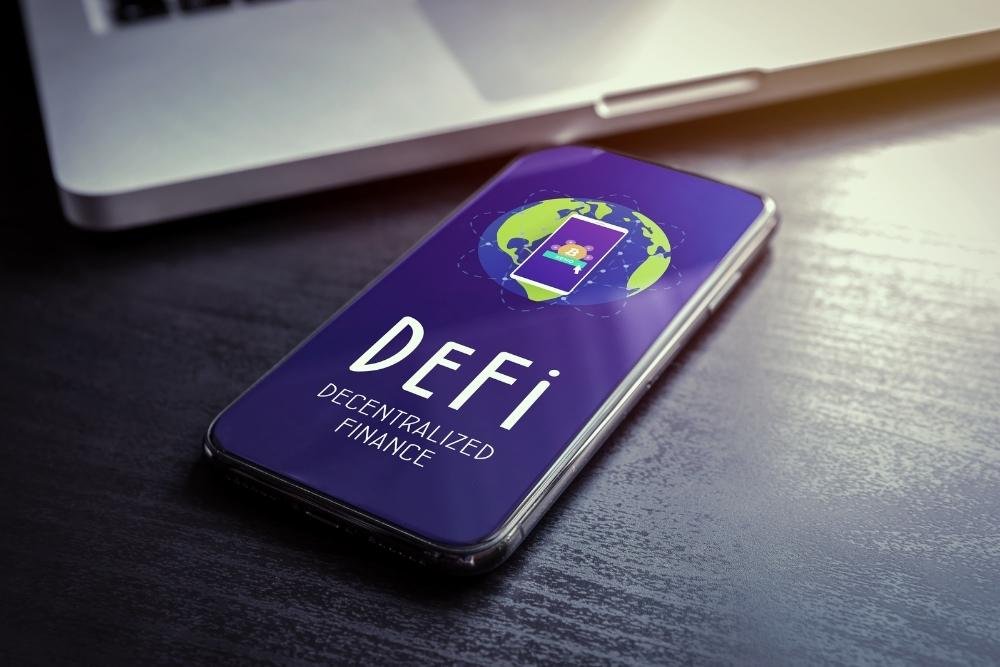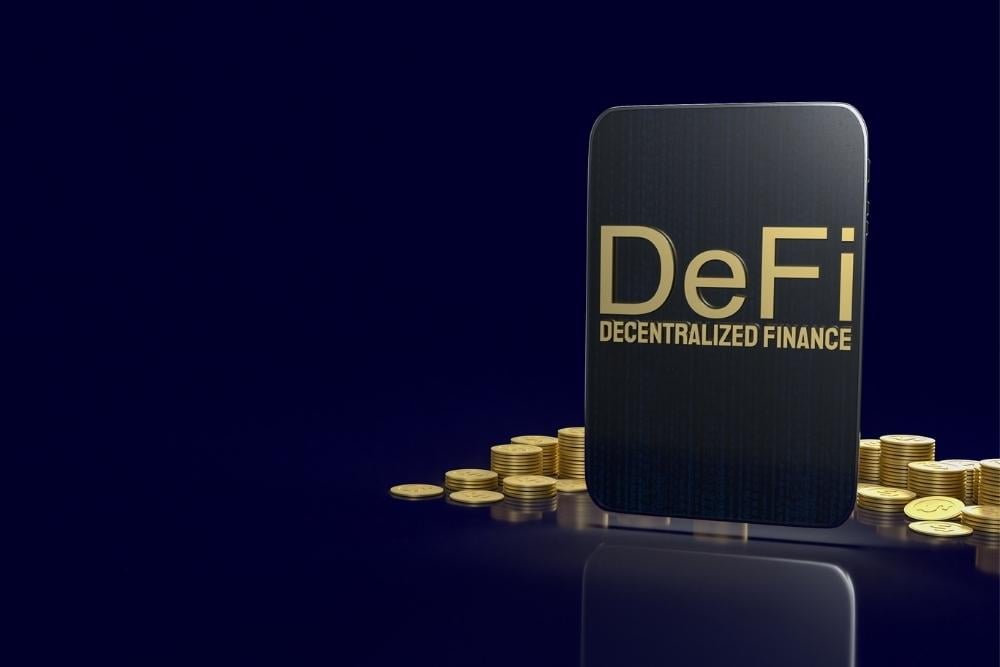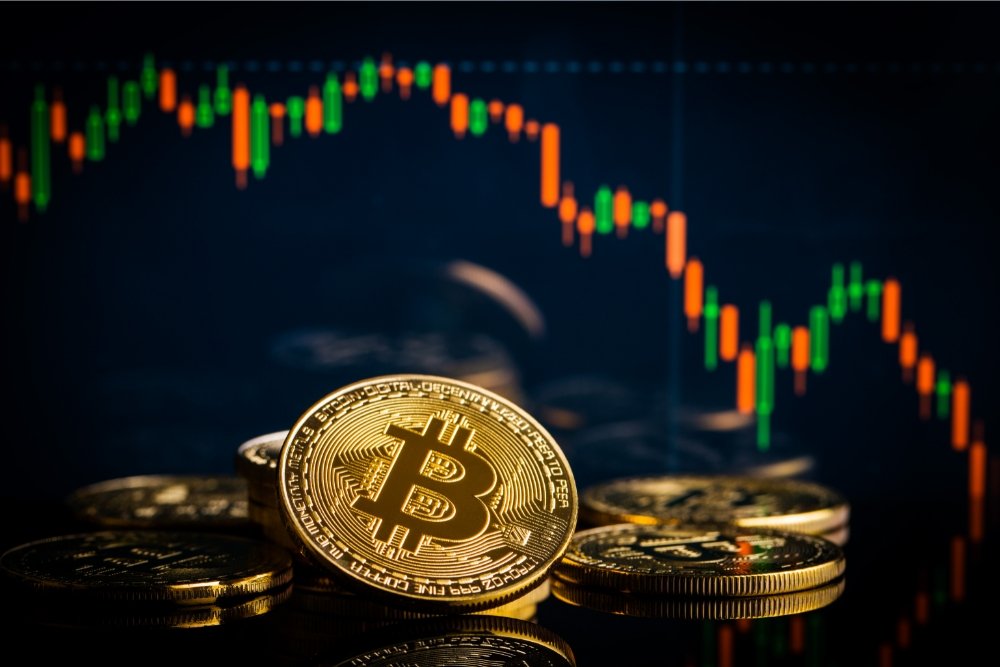NFT decentralized finance loans are a new type of loan that is becoming increasingly popular in cryptocurrency. In this article, we will explore what these loans are and how they work. We’ll also discuss some of the benefits and risks associated with them so you can make a good decision about whether or not to use one.
What Are NFT Decentralized Finance Loans?
NFT decentralized finance (DeFi) loans are digital assets that allow users to borrow money against their non-fungible tokens (NFTs). These loans offer borrowers access to capital without going through traditional banking channels. They also give lenders higher returns than other forms of lending due to their low-risk profile.
NFT loans are closely related to decentralized finance (DeFi) loans. DeFi is a system of financial applications and platforms built on blockchain to decentralize traditional financial intermediaries. DeFi loans, including NFT loans, are typically facilitated through smart contracts on a blockchain, eliminating the need for intermediaries like banks.
However, it is essential to note that NFT loans, like all loans, come with risks. The value of NFTs can be highly volatile. If the value of the collateral drops significantly, the lender may not be able to regain their investment if the borrower fails on the loan. It is crucial for both borrowers and lenders to carefully assess the risks and terms associated with NFT loans before participating in this emerging market.
How Do NFT DeFi Loans Work?
When taking out an NFT DeFi loan, borrowers must first deposit collateral into a smart contract on the blockchain network, which will be held as security for the borrowed loan amount. The borrower then receives funds from the lender, which can be used for any purpose, such as buying more crypto or investing in cryptocurrency-related projects.
Once repayment has been made, including interest payments if applicable, both parties receive back their respective shares of the collateral plus any additional profits earned by either party during the duration of the loan agreement.
How to Get a DeFi Loan?
Getting a Decentralized Finance (DeFi) loan can be a great way to access funds without going through traditional financial institutions. Here are some steps you can follow to get a DeFi loan:
Research different DeFi platforms.
Start by researching and comparing different DeFi platforms that offer loans. Look for venues with good reputations, transparent terms, and competitive interest rates.
Set up a digital wallet.
To interact with DeFi platforms, you will need a digital wallet that reinforces the specific blockchain network the forum operates on. Popular options include MetaMask and Trust Wallet. Set up and secure your digital wallet according to the platform’s instructions.
Choose a loan platform.
Once you have a digital wallet, choose a DeFi loan platform suitable for your needs. Search for platforms that offer the type of loan you require, whether for personal or business purposes.
Complete the necessary steps.
Each DeFi platform will have its requirements, but typically, you must connect your digital wallet to the forum, provide the necessary identification documents, and complete any additional verification processes.
Deposit collateral
Most DeFi loans require collateral to secure the loan. This collateral is typically held in a smart contract on the blockchain. You must deposit the amount of collateral needed into the smart contract before receiving the loan.
Determine loan terms
Once your collateral is deposited, specify the loan amount and terms, such as repayment period and interest rate. Carefully review and understand the terms before proceeding.
Receive your loan
Once your loan is acceded, the funds will be transferred directly to your digital wallet. You can then use the funds as needed.
Repay the loan
Adhere to the agreed-upon repayment schedule to avoid penalties or additional fees. Most DeFi loans utilize smart contracts that automatically enforce repayment terms.
Is Lending in DeFi Safe?
Lending in Decentralized Finance (DeFi) is a relatively new and rapidly growing field, and it comes with its own set of risks and considerations. While DeFi offers the potential for higher returns than traditional lending, it also carries some unique risks that investors should be aware of.
One of the main risks in DeFi lending is smart contract risk. Smart contracts are the backbone of DeFi plans, and any vulnerabilities or bugs in these contracts can be exploited by hackers, potentially resulting in the loss of funds. It is essential to thoroughly research and vet the platforms you are considering lending to and only use media that have undergone rigorous security audits.
Another risk in DeFi lending is market risk. The value of cryptocurrencies can impact the value of your loans. If the collateral value decreases significantly, you could risk losing part or all of your investment. It is essential to consider the assets you are lending and the collateralization ratios to mitigate this risk.
Additionally, DeFi lending platforms are still in their infancy, and this space has limited regulation and oversight. This lack of regulation might make it difficult to resolve disagreements or seek remedies for a problem. It is crucial to do thorough due diligence on the platforms you choose to lend on and only to lend funds you can afford to lose.
Despite these risks, lending in DeFi can offer attractive returns and the potential for diversification in an investment portfolio. By carefully assessing and managing risks, staying informed about market trends and developments, and using reputable platforms, investors can participate in DeFi lending while minimizing potential risks.
What is the Best DeFi Platform for Borrowing?
There are several options to consider when it comes to borrowing through decentralized finance (DeFi) platforms.
One popular platform is Aave, which allows users to borrow and lend various cryptocurrencies. Aave offers competitive interest rates and a wide range of collateral options, making it a flexible choice for borrowers.
Another reputable DeFi platform for borrowing is Compound. Compound operates on an algorithmic interest rate model, where interest rates are determined by supply and demand dynamics. Borrowers on Compound can access a variety of cryptocurrencies as collateral and benefit from the platform’s efficient lending and borrowing protocols.
MakerDAO is another prominent DeFi platform that offers borrowing options. With MakerDAO, users can borrow the stablecoin DAI by collateralizing their cryptocurrencies. The platform’s stability mechanism ensures that DAI maintains its peg to the US dollar, providing borrowers with a reliable borrowing option.
What Happens if You Don’t Pay Back a DeFi Loan?
If you don’t pay back a DeFi loan, there can be consequences depending on the platform and loan terms. In most cases, the collateral you used to secure the loan will be liquidated to cover the outstanding debt. It means that you could lose the assets you used as collateral if you don’t repay the loan.
Additionally, not paying back a DeFi loan could damage your creditworthiness on the platform. It could make it difficult for you to access future loans or other financial products within the DeFi ecosystem.
It’s important to carefully read and understand the terms of any loan before borrowing in the DeFi space. Make sure you have a plan to repay the loan and understand the potential consequences if you’re unable to meet your obligations.
Conclusion
Understanding how NFT defi loans work can help you decide if this financing is suitable for you. At the same time, they offer quick access to capital without going through lengthy bank processes or credit checks and lower fees than traditional financing options. There are still several risks to be considered before taking out an NFt DEfi loan, including potential losses should market conditions change drastically over time, resulting in devaluation/depreciation of your asset valuative to current market prices. Investors must thoroughly research to understand all the terms and conditions attached there. Hence, they know what they are getting into before making decisions regarding NFT loans.






